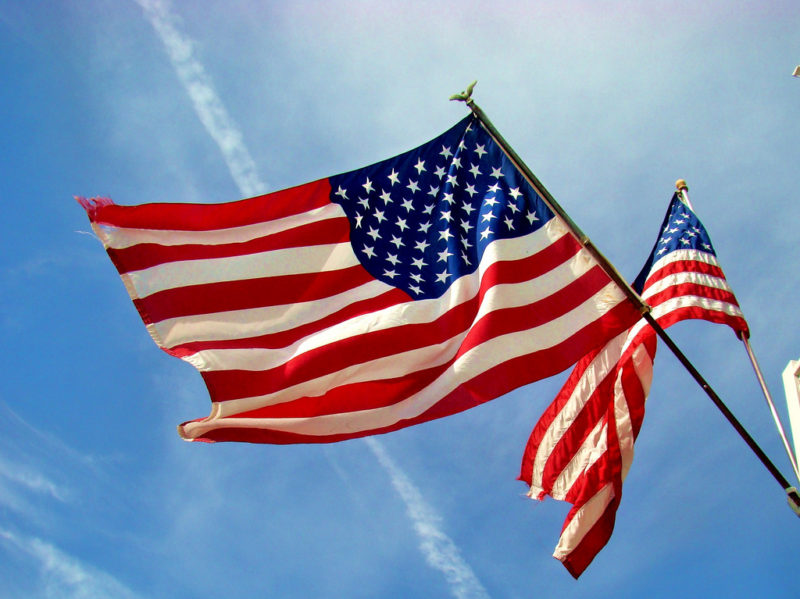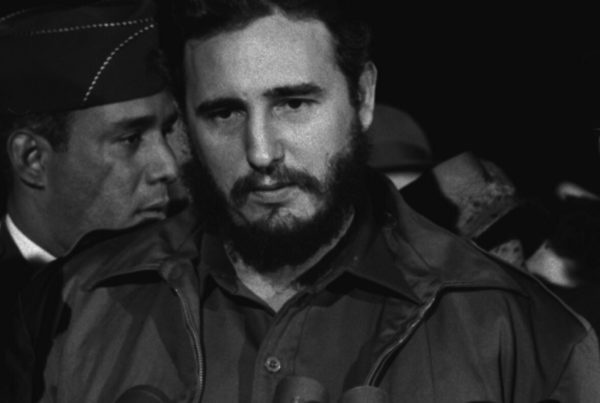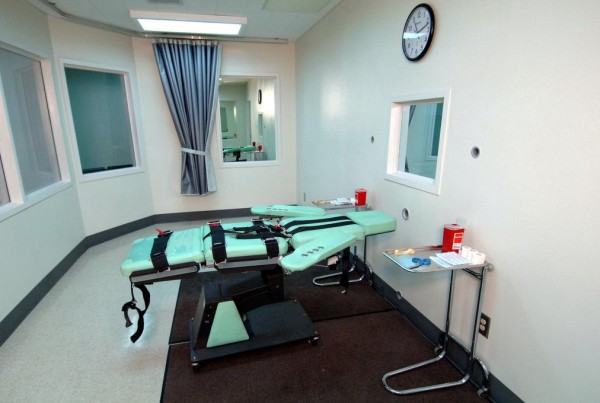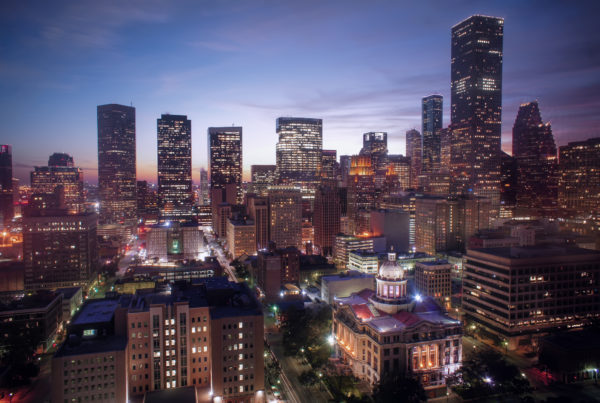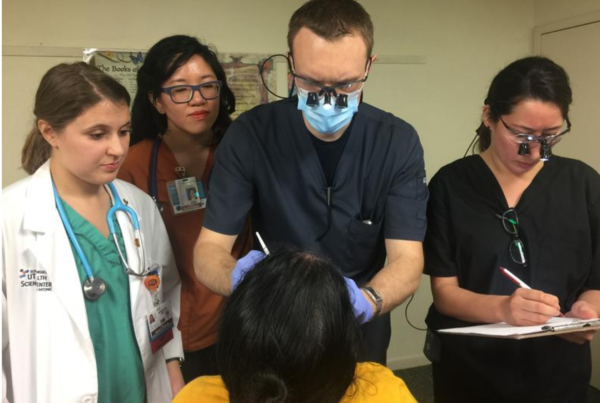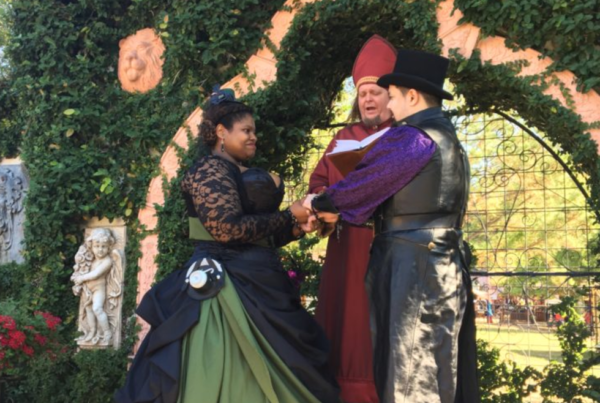Hundreds of thousands of immigrants become naturalized citizens each year. But for many the path to citizenship can disappear in a cloud of official obfuscation. It’s a little-known program designed to weed out security threats by flagging citizenship applications on the basis of mysterious, undefined criteria – forcing applicants to spend thousands of dollars in unnecessary legal fees, locking down their travel and sometimes separating families.
The Controlled Application Review and Resolution Program started in April 2008, but it’s only recently become public as details have emerged through lawsuits and open records requests filed by the ACLU of Southern California.
Eric Dexheimer dug deeper into the program for the Austin American-Statesman. Anyone wanting to become a citizen of the United States must have lived in the country for five years, have good moral character and have filed the application for citizenship. The government is supposed to give applicants a response within six months. But he says some of the people he profiled in his article have been waiting for a response since 2011.
“They’ve been funneled into this program … that’s kind of secretive, at the very least,” Dexheimer says. “The government has been resistant to releasing details about it.”
The program, which disproportionately affects Muslims, is an alternative review for citizenship. If an applicant is deemed a security risk, they go through extra scrutiny. But the criteria for getting on the security risk list is quite broad.
“At the most basic it’s people who are on what is known as the terrorist watch list,” Dexheimer says. “But there’s a second category of people – who are not known security or terrorist risks – which assigns people a security risk if they have associations with organizations that are suspect, if they travel through countries where terrorism has known to be promoted, if they have associates who might be related in some way to terrorist activities.”
Post by Beth Cortez-Neavel.


